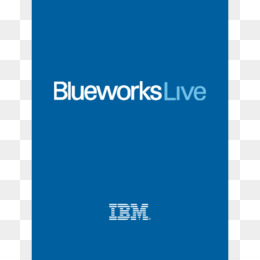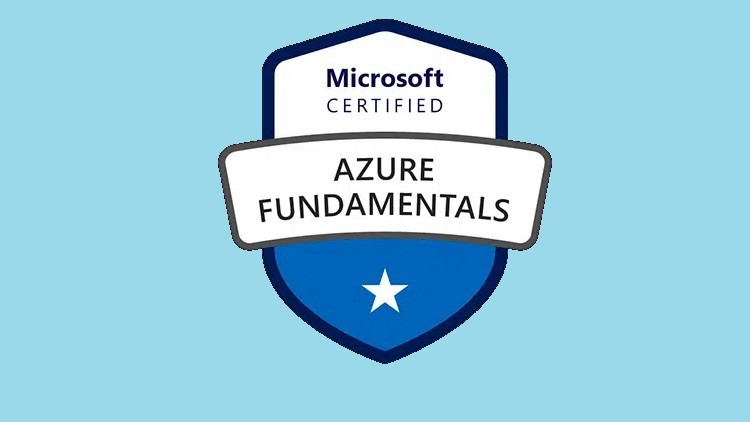Description
Introduction
Mastering Appian: Advanced Process Management is designed for professionals who want to deepen their knowledge and skills in Appian BPM (Business Process Management) beyond the fundamentals. This course focuses on advanced process modeling, automation strategies, and integration techniques using Appian’s powerful low-code platform. Participants will learn how to design complex workflows, optimize process performance, integrate with external systems, and manage enterprise-level processes to achieve maximum efficiency and scalability. By mastering advanced features and best practices, you will be able to handle sophisticated use cases and drive process automation within your organization.
Prerequisites of Appian for Process Management
- Solid understanding of Business Process Management (BPM) principles
- Familiarity with Appian BPM basics and low-code development
- Experience with basic process modeling and data management in Appian
- Understanding of workflow automation concepts
Table of Contents
- Advanced Process Modeling in Appian
1.1 Overview of Advanced Process Models
1.2 Complex Activity Designs and Task Assignments
1.3 Implementing Multiple Process Paths and Conditional Flows
1.4 Managing Nested and Parallel Processes(Ref: Appian for Developers: Building Low-Code Applications)
1.5 Customizing Process Design with Dynamic Process Parameters - Advanced Workflow Automation Techniques
2.1 Automating Complex Approvals and Task Routing
2.2 Using Appian’s Business Rules Engine for Automation
2.3 Implementing Conditional Logic for Task Management
2.4 Triggering Events and Notifications in Complex Workflows
2.5 Creating Dynamic Workflows with Custom Actions - Integrating Appian with External Systems
3.1 Appian Integration Overview
3.2 Using Web Services and REST APIs for Integration
3.3 Integrating with ERP, CRM, and Other Enterprise Systems
3.4 Real-Time Data Sync and Event-Driven Integration
3.5 Using Appian’s Integration Designer for Custom Connections - Data Management and Advanced Data Integration
4.1 Advanced Data Modeling in Appian
4.2 Working with Records and Relationships
4.3 Integrating Data from Multiple Sources
4.4 Data Transformation and Enrichment in Appian
4.5 Using Expressions and Query Optimization - Optimizing Appian Performance for Large-Scale Processes
5.1 Performance Considerations for Large Workflows
5.2 Strategies for Reducing Latency and Improving Speed
5.3 Leveraging Appian’s Load Balancing and Scalability Features
5.4 Optimizing Process Monitoring and Reporting
5.5 Troubleshooting Common Performance Issues - Customizing User Interfaces for Complex Applications
6.1 Designing Advanced User Interfaces in Appian
6.2 Customizing Dashboards for Actionable Insights
6.3 Implementing User-Centric Design for Efficiency
6.4 Creating Interactive Forms with Dynamic Content
6.5 Best Practices for Responsive and Accessible UI Design - Governance and Compliance in Appian
7.1 Managing Access Control and Permissions
7.2 Ensuring Process Governance and Compliance
7.3 Managing Audit Trails and Change Logs
7.4 Implementing Data Security and Privacy Policies
7.5 Ensuring Regulatory Compliance in Business Processes - Advanced Analytics and Reporting in Appian
8.1 Implementing Business Intelligence in Appian
8.2 Creating Complex Reports and Dashboards
8.3 Using Appian’s Data Views for Data Analysis
8.4 Integrating External Reporting Tools with Appian
8.5 Real-Time Process Monitoring and KPI Tracking - Appian and Cloud Deployment
9.1 Deploying Appian Applications to Cloud Environments
9.2 Leveraging Appian’s Cloud Deployment Capabilities
9.3 Managing Appian Applications in the Cloud (Ref: Cloud Computing for Data Science: Utilizing Cloud-Based Tools)
9.4 Disaster Recovery and Cloud-Based Backup Strategies
9.5 Cost Management and Scaling in Cloud Environments - Real-World Case Studies and Best Practices
10.1 Enterprise Use Cases: Improving Business Processes
10.2 Optimizing Workflow Automation in Global Organizations
10.3 Implementing End-to-End Solutions with Appian
10.4 Lessons Learned from Successful Implementations
10.5 Best Practices for Continuous Process Improvement - Capstone Project: Developing a Complex Process Management Solution
11.1 Project Scope and Requirements
11.2 Designing Advanced Workflows and Automating Tasks
11.3 Integrating External Systems and Data Sources
11.4 Testing, Optimizing, and Deploying the Solution
11.5 Final Presentation and Review
Conclusion
Mastering Appian: Advanced Process Management will empower you with the knowledge and skills required to manage complex business processes using Appian’s advanced features. By completing this course, you will gain expertise in designing high-performance workflows, integrating with external systems, and ensuring scalability and governance in your Appian applications. Whether you are optimizing existing processes or developing sophisticated business solutions, mastering these advanced techniques will enable you to drive operational efficiency and innovation across your organization.







Reviews
There are no reviews yet.